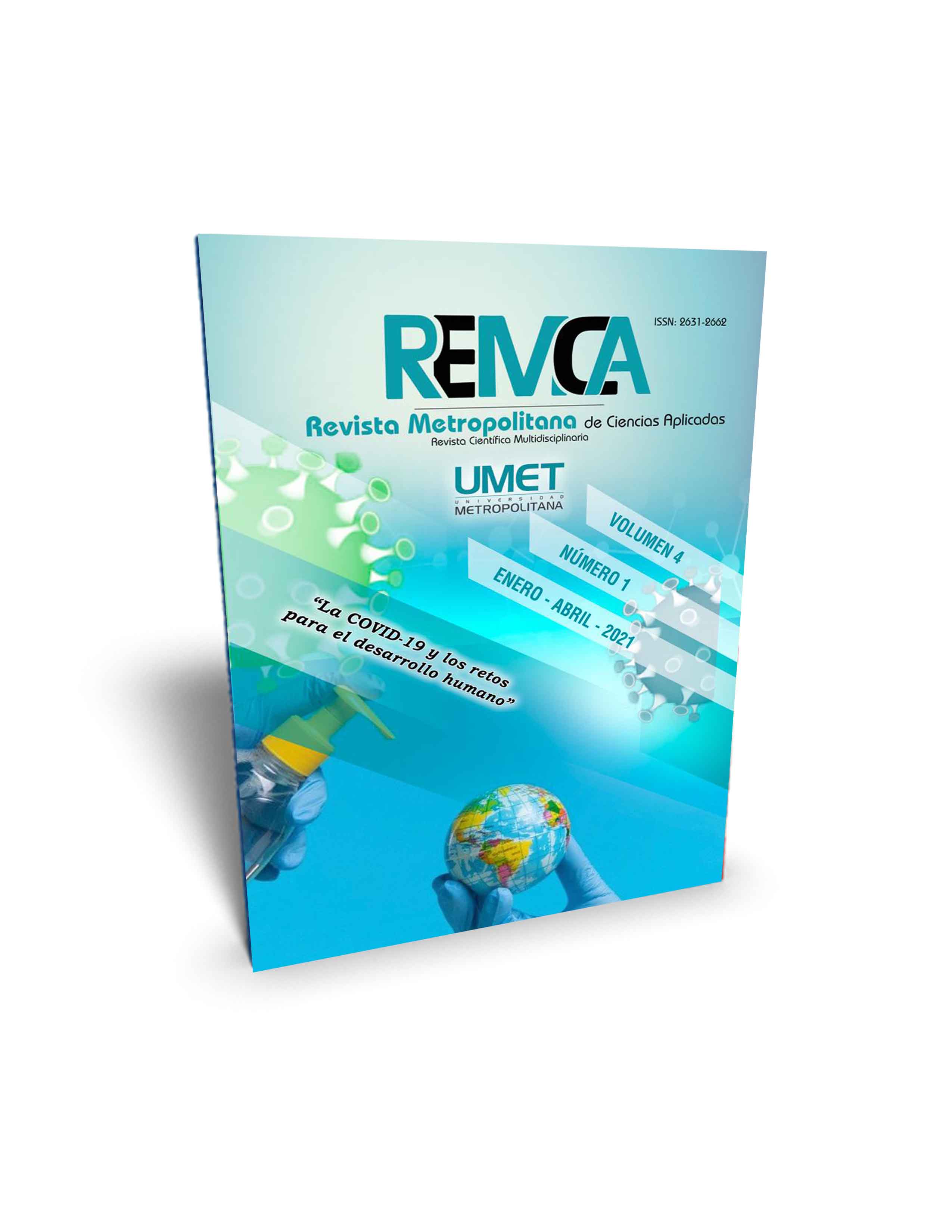Project-based learning and sociocultural competence. Theoretical considerations
DOI:
https://doi.org/10.62452/reppmp90Keywords:
Project based learning, sociocultural competence, information and communication technologiesAbstract
The present work attempts to establish the links and potential of PBL and ICT in the development of sociocultural competence in the EFL classroom. Unlike traditional activities in the classroom, Project based learning (PBL) finds its basis on group activities related to the real world, that use real technological tools, are required to be completed in a pre-set time frame, and which final result is a product. At the same time, the latest tendencies in language teaching with a communicative approach suggest the study of the different sociocultural environments in which communication takes place. And the use of Information and Communication Technologies (ICT) continues to encourage discovery, analysis and decoding a wide range of social and cultural perceptions of the world from the communicative, social and inclusive point of view.
Downloads
References
Allan, B., & Stoller, F. (2005). Maximizing the benefits of project work in foreign language classrooms. English Teaching Forum, 43(4).
Ausín, V., Abella, V., Delgado, V., & Hortigüela, D. (2016). Aprendizaje Basado en Proyectos a través de las TIC. Una Experiencia de Innovación Docente desde las Aulas Universitarias. Formación Universitaria, 9(3), 31-38.
Campwell, R., & Wales, R. (1970). The study of language acquisitions. Lyons.
Canale, M., & Swain, M. (1980). Theoretical bases of communication approaches to second language teaching and testing. Applied linguistics, 1(1), 1–47.
Chomsky, N. A. (1965). Aspects of the Theory of Syntax. Nueva York: Columbia University Press.
Cifuentes Heguy, I. (2006). La enseñanza por proyectos en el aula de ELE. Universidad de León.
Consejo de Europa. (2002). Marco Común Europeo de Referencia para las Lenguas: aprendizaje, enseñanza, evaluación. https://cvc.cervantes.es/ensenanza/biblioteca_ele/publicaciones_centros/PDF/bremen_2004/03_garcia.pdf
Estaire, S., & Zanón, J. (1994). El diseño de unidades didácticas mediante tareas: principios y desarrollo. Comunicación, Lenguaje y Educación, 78.
Galindo Merino, M. (2005). La importancia de la competencia sociocultural en el aprendizaje de segundas lenguas. Interlingüística, 16(1), 431–441.
Gumperz, J., & Hymes, D. (1972). Directions in sociolinguistics. The ethnography of communication. Basil Blackwell.
Long, M., & Crookes, G. (1992). Three approaches to task-based syllabus design. TESOL Quarterly.
Lyons, J. (1970). New Horizons in Linguistics. Penguin.
Peláez, L., & Ososio. B. (2015) Medición del nivel de aprendizaje con dos escenarios de formación: uno tradicional y otro con TIC. Entre Ciencia y e Ingeniería, 9(18), 59-66. R
Rangel, R. (2013). Ambiente de aprendizaje mediado por TIC para el aprendizaje por proyectos. Universidad de la Sabana.
Sheppard, K., & Stoller, F. (1995). Guidelines for the Integration of Students Projects into ESP Classrooms. Forum, 33(2), 10–15.
Stoller, F. (1997). Project Work. A Means to Promote Language Content. Forum, 35(4).
Van Ek, J. (1986). Objectives for foreign language learning (1). Council of Europe.
Zanón, J. (1995). La enseñanza de las lenguas extranjeras mediante tareas. Signos. Teoría y práctica de la educación, 14, 52–67.
Downloads
Published
Issue
Section
License
Copyright (c) 2021 Alejandro Armentero Reboredo (Autor/a)

This work is licensed under a Creative Commons Attribution-NonCommercial-ShareAlike 4.0 International License.
Authors who publish in Revista Metropolitana de Ciencias Aplicadas (REMCA), agree to the following terms:
1. Copyright
Authors retain unrestricted copyright to their work. Authors grant the journal the right of first publication. To this end, they assign the journal non-exclusive exploitation rights (reproduction, distribution, public communication, and transformation). Authors may enter into additional agreements for the non-exclusive distribution of the version of the work published in the journal, provided that acknowledgment of its initial publication in this journal is given.
© The authors.
2. License
The articles are published in the journal under the Creative Commons Attribution-NonCommercial-ShareAlike 4.0 International License (CC BY-NC-SA 4.0). The terms can be found at: https://creativecommons.org/licenses/by-nc-sa/4.0/deed.en
This license allows:
- Sharing: Copying and redistributing the material in any medium or format.
- Adapting: Remixing, transforming, and building upon the material.
Under the following terms:
- Attribution: You must give appropriate credit, provide a link to the license, and indicate if any changes were made. You may do this in any reasonable manner, but not in any way that suggests the licensor endorses or sponsors your use.
- NonCommercial: You may not use the material for commercial purposes.
- ShareAlike: If you remix, transform, or build upon the material, you must distribute your creation under the same license as the original work.
There are no additional restrictions. You may not apply legal terms or technological measures that legally restrict others from doing anything the license permits.




